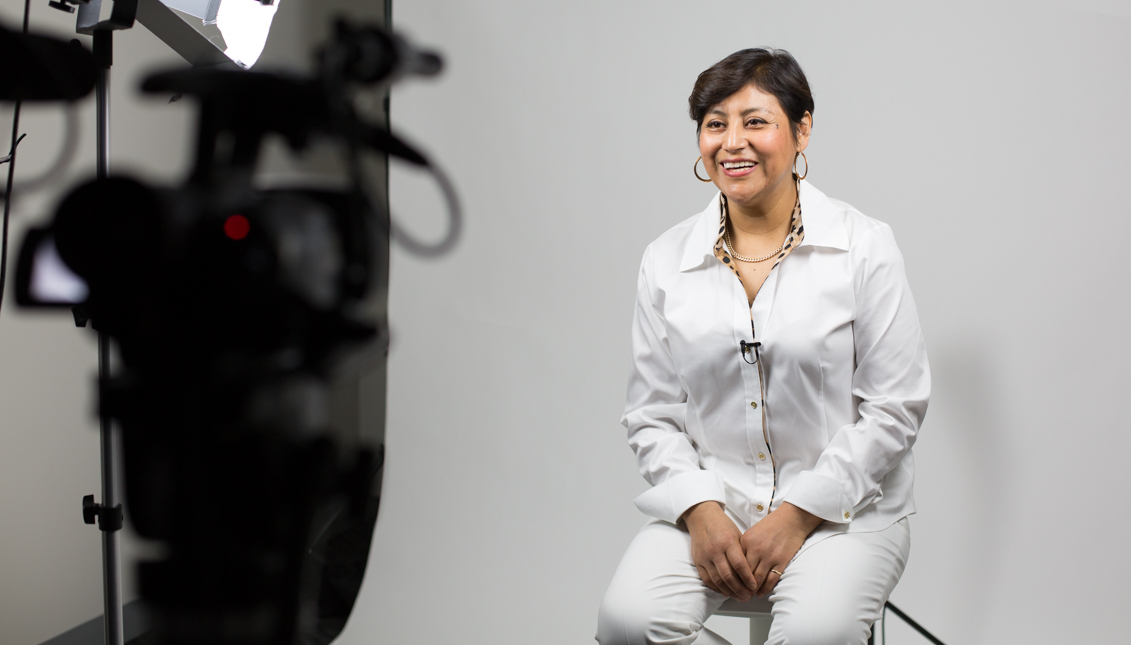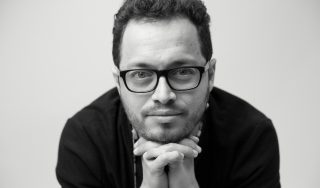
"Being an immigrant means being a carrier of our culture"
Prior to August 24th, 2016, Cristina Martínez was just another anonymous worker among the eleven million undocumented immigrants living in the country. But…
Prior to August 24th, 2016, Cristina Martínez was just another anonymous worker among the eleven million undocumented immigrants living in the country, but long before that day, her name was already an echo in the streets of South Philly. By word of mouth, she became known as the best barbecuer in the city.
Since her restaurant South Philly Barbacoa appeared in sixth place of Bon Appétit’s Top 10 best new restaurants in the United States that year, an increasingly long line of diners is forming next to her door like pilgrims gathering at a shrine.
Fame, however, has not changed her. In spite of the recognition she has received since that publication, Cristina keeps her feet on the ground. After success, her goals are to keep being who she is and be reunited with her children again.
Paradoxically, the story behind the chef and consummate activist was unknown until recently.
In the podcast "Mejor vete, Cristina" — awarded the Ortega y Gasset Prize, the most important recognition in Spanish-language journalism — Univisión reporter Inger Díaz Barriga tells the life of the Mexican chef in seven chapters. By telling Cristina’s story, the work addresses issues such as tradition, machismo, immigration, sexual abuse and labor exploitation, among others, that reveal the ordeals Cristina experienced before she became the most relevant Latino person nationwide currently based in Philadelphia.
Cristina has lived in Philadelphia since 2009, but she had already spent a year here after having crossed the border for the first time in 2006 when she escaped from her hometown of Capulhuac, where she grew up in a barbacoyero family with fifty years of tradition. She married at age 17 in order to escape sexual harassment in her own home, and survived a 20-year-long marriage of abuse, exploitation and torture. The only good thing she gained from that experience was her four children.
Knowing not even a bit of English but with an innate talent for cooking, Cristina made her career in Amis, the Italian restaurant by Lombard and 13th Street, when she first landed in Philadelphia.There, she went from being a prep cook to pastry chef. After a year and a half, she married Benjamin Miller, a co-worker who, without even a bit of Spanish, became her partner.
The rest is history: Cristina lost her job due to her immigration status and sold quesadillas wandering around the Italian Market until she started serving barbeque in her apartment and then word on the street about her incredible dishes did the rest.
In the past seven years, she has reinvented herself several times. She left her children to save her life. She crossed the desert twice, and she got a job here in one of the industries that generates millions of dollars for Philadelphia at the expense of undocumented workers. She married a gringo. She lost her job. She cleaned kitchens overnight. She woke up early everyday to sell food in the street. She founded a national movement. She lost Isaias – the only son she managed to bring to Philadelphia. She closed the restaurant which won her fame and recognition. And now she is leading El Compadre, the place Isaias owned.
She is one of the twelve finalists of I Am An American Immigrant.
I think the name does not matter because in the end society gives you one and, for better or for worse, you just get used to it.
RELATED CONTENT
For me, being an immigrant means being a carrier of our culture, in my case, our gastronomic culture.
It is having dignity, giving your best, and fighting for change. Maybe we are not going to change anything, but we are going to sow the seed.
I felt at home when I had the opportunity to open my restaurant South Philly Barbacoa, because I worked very hard to adapt myself to the system. I learned that things are not easy and that you can achieve anything you want when you want to.
In the restaurant industry, we pay our taxes, we contribute with everything we buy in this country. We also bring people from other cities to try our food, so they come to visit us, so they can enjoy what is in Philadelphia.
In years past, Philadelphia was dead. Currently, food has had a very large effect. We have people visiting us from other places, from other countries because there are a variety of restaurants from all over the world. And there is an immigrant [working] in every kitchen of every restaurant.
I would say that many people do not believe in him, but that there is always a human being inside and the war that he has [with everyone else] should be with himself in order to live in peace and tranquility.
I know that a flower can bloom from rotten water. Maybe in the hereafter, he can end that war he has in order to become a beautiful flower.











LEAVE A COMMENT: